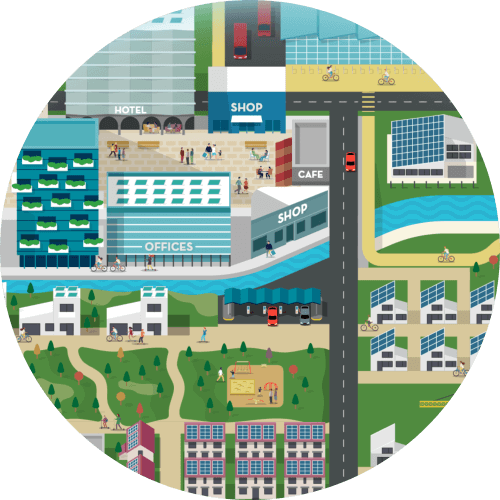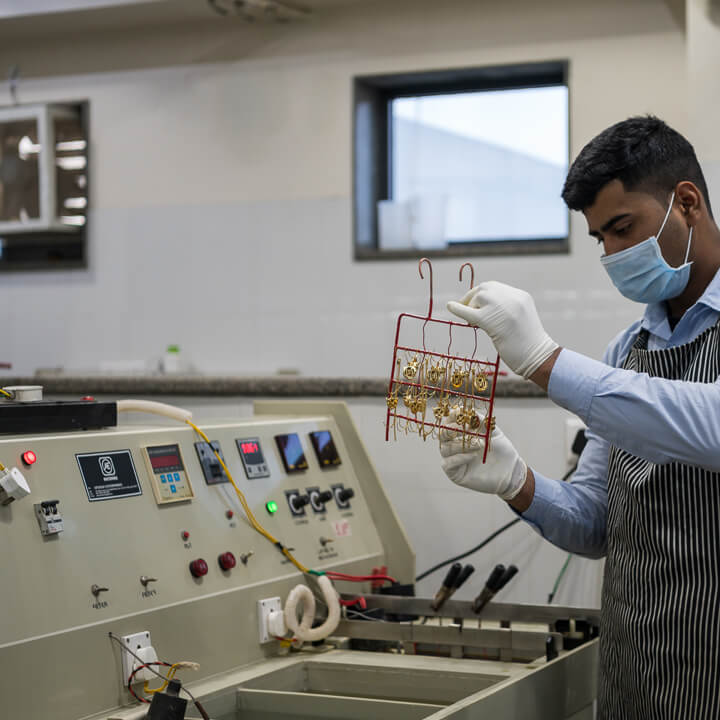Enpro becomes a climate leader in the Indian manufacturing sector
Being a small business has not deterred Enpro from making bold, unconventional choices. Exploring pathways for climate action has unlocked new avenues for the company’s growth, and their journey to net zero has been an exciting one. Their advice to their peers is simple – begin with small changes but make a start on reducing emissions.
(MSMEs working to reduce their emissions and become more sustainable can kickstart their climate journey by making the SME Climate Commitment. Learn more here.)

ENPRO Industries is a family-owned business headquartered in the city of Pune, India. Set up more than 33 years ago, the company specialises in the design and manufacture of mechanical fluid systems and process equipment for a variety of industrial applications in sectors including hydrogen, energy, power, water, petrochemical, fertiliser, defence and food.
Since its inception, Enpro has primarily worked with clients in the oil and gas sector but with climate change necessitating the shift to cleaner fuels, the company diversified its customer base to industries such as hydrogen, solar and waste management. With growing awareness around net zero and its business benefits, they also started improving their business processes to be more sustainable and decided to make the climate commitment through the SME Climate Hub.
Small business on the road to net zero
Enpro believes that SMEs can play an important role in combating climate change. “Small businesses are a significant part of global value chains and research indicates that SMEs account for around 90% of the emissions for large businesses. Suppliers are expected to face growing pressure to reduce emissions as corporations increasingly commit to address climate issues, SMEs can future proof their business from such vulnerabilities by adapting climate-smart solutions such as clean energy and resource efficiency,” says Anuj Karkare, Deputy Managing Director at Enpro.
Enpro’s actions to reduce its emissions
Enpro generates a significant portion of its operational emissions through the use of fossil fuels, including diesel gensets for power backup, LPG for food and canteen operations, and a limited fleet for internal transportation. While their manufacturing electricity demand makes up the entirety of their Scope 2 emissions (which includes all indirect emissions from the generation of the electricity purchased).
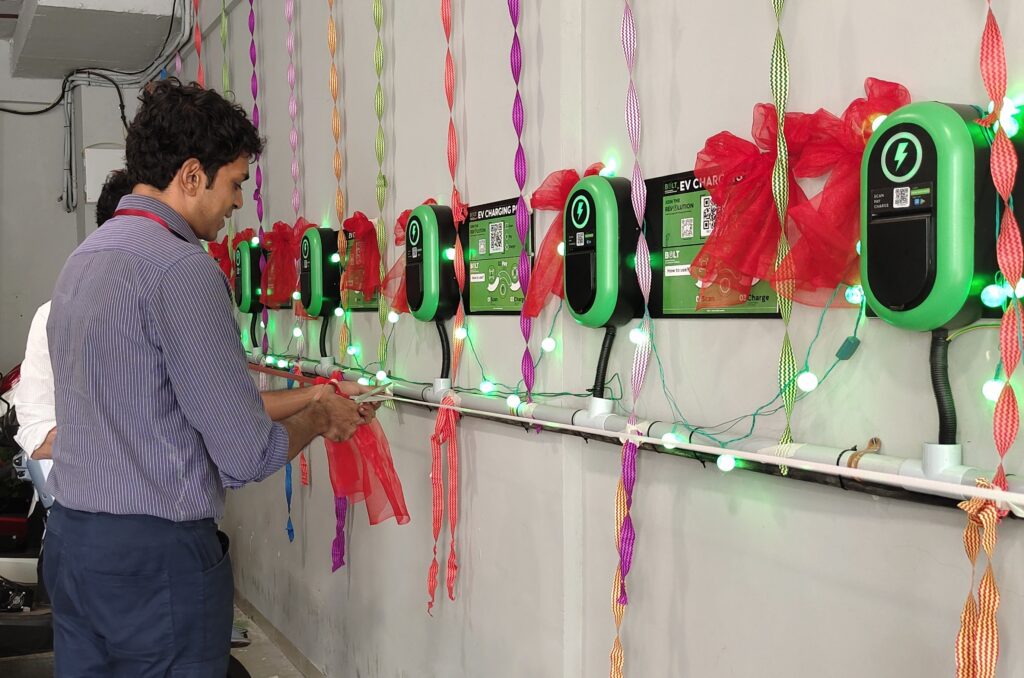
Regarding scope 3 emissions, with Enpro’s supply chain spread across various locations in and outside India, the company does not yet have a complete overview. However, the team has begun the process of understanding the sustainability initiatives of new suppliers. It expects to refine this process and deepen engagement with its supply chain to understand and support their sustainability practices.
Emissions reduction measures that the company has adopted include:
- setting up solar rooftop systems which account for nearly 75% of Enpro’s electricity consumption (1.4 MW)
- installing energy efficient machinery across their manufacturing process
- establishing a LEED-certified green building as its corporate headquarters, thereby reducing energy and water usage and assuring staff wellbeing by prioritising a healthier work environment through sustainable design, good indoor air quality, and access to natural light.
- encouraging employees to decrease their individual carbon footprint by cycling to work, conducting clothing collection drives, and tree planting efforts
- choosing electric vehicles for two-wheeled transportation for Enpro’s work, both within and outside its own premises
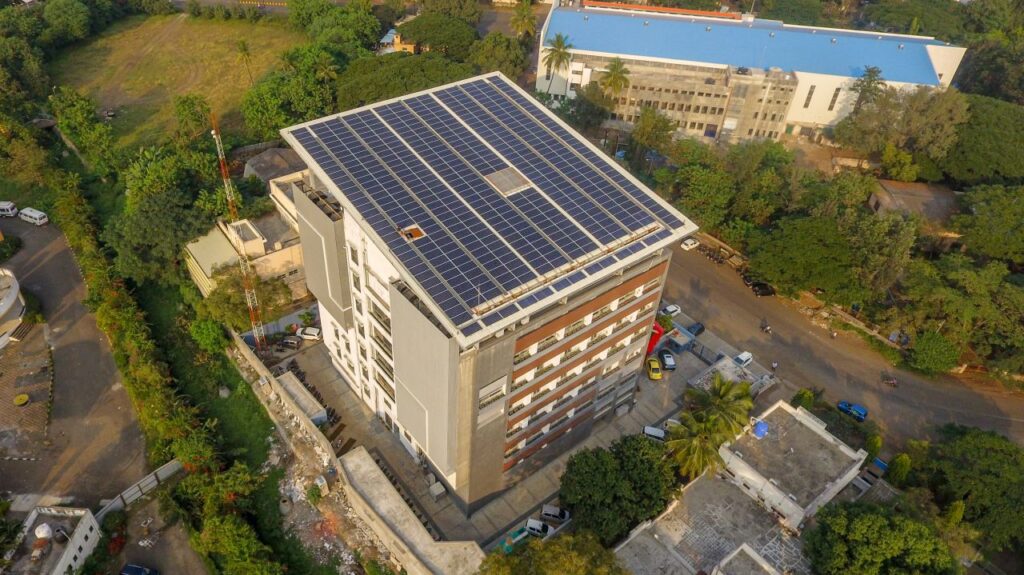
Even though just 10% of Enpro’s clients now need environmental certifications, the business has taken proactive steps to invest in and promote sustainability. The company has used bank loans to pay for investments in solar rooftop and energy efficiency projects.
Challenges in their climate action journey
“The key challenge we faced was accessing accurate data from various processes to understand our emissions and measure performance. As we reflect on our sustainability journey, we feel that clear policies and incentives will go a long way in supporting SMEs to adopt more sustainable practices especially when working with their suppliers,” says Anuj.
How Enpro leverages climate action to create new opportunities
Enpro has prioritised sustainability to reflect its vision. While the company anticipates a decent return on its solar and energy efficiency investments, their purpose is to do the right thing for the environment and its people. However, when the company achieves success on its climate promise, it gains respect and admiration from its buyers in both domestic and foreign markets, and they are officially recognised in various supplier meets and forums. Because of its dedication to climate and environmental action, the company is well-positioned to comply with forthcoming international legislation in the US and European markets.
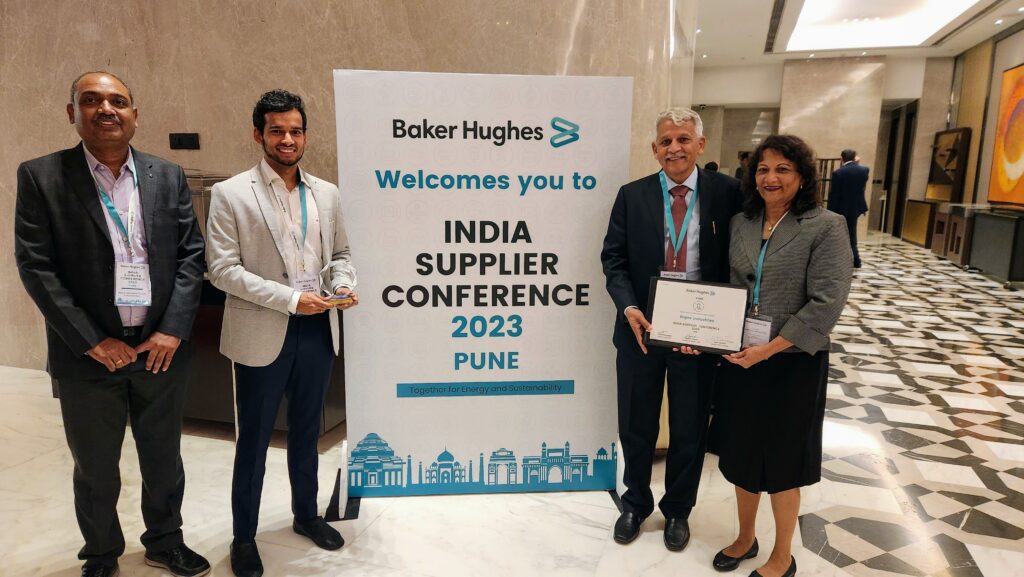
Senior management at Enpro reflects that it hasn’t been very difficult to integrate climate considerations in their decision making. They believe that being a family-owned business with a clear sustainable mission allows them to invest for the long term. This means that long-term payback projects with a favourable environmental impact are also viewed favourably.
Role of the SME Climate Hub
The Enpro team finds the tools and resources provided on the SME Climate Hub easy to access and use. One of the biggest advantages of the Hub has been that it has provided a structure and roadmap for Enpro’s ongoing sustainability activities. In addition, courses like Climate Fit and measures taken by SMEs in other countries have inspired more ideas that could be implemented on the ground. A clear advantage has been that the company now has a target to work towards, and it has helped drive streamlined internal decision making.
Enpro’s dedicated staff member uses the SME Climate Hub on a regular basis to take advantage of the numerous training tools and to enhance Enpro’s sustainability plan. Long-term goals include encouraging more employees to use the tools and resources and to finish the Climate Fit education course. The company is also assessing the new reporting feature, which will be used to track progress on its objectives.
“We found a like-minded ally in the SME Climate Hub. We were already committed to reducing the company’s emissions and to take positive climate action when we heard about the initiative. The SME Climate Hub offered us a good opportunity to connect with similar organisations and to learn from practices around the world. Also, it was encouraging to be part of a global initiative like the Race to Zero especially since it highlights the role that SMEs can play in addressing the climate crisis,” says Anuj.
Enpro’s plans for the future
All of Enpro’s consistent actions are enabling the company’s progress towards its ambitious climate and environmental targets:
- Net zero paper consumption by 2025
Enpro is actively lowering paper consumption for official needs, with 5-6 departments currently going paperless, minimising Enpro’s environmental effect. The company plans on using recycled paper only in rare circumstances, such as when addressing a customer’s need.
- 30% carbon neutrality across business sites by 2030 (including factories and offices)
- 100% carbon neutrality across the value chain by 2050
With Enpro presently working on its scope 1 and scope 2 emissions, it plans to transition to eco-conscious suppliers to address its scope 3 emissions. Their goal is to have 100% of its supplier ecosystem consisting of businesses providing sustainable product solutions or reducing their own emissions by 2050.
The company is presently investing in a data/ESG reporting platform that will be implemented across all functions and divisions. This will allow them to make better decisions around emissions, waste, and energy use. The company has also formed a sustainability committee consisting of staff and chaired by top management, which connects with employees and raises awareness of individual employee action.
Tell us what climate action you’ve taken
MSMEs like Enpro provide invaluable insights into how small businesses can identify areas of intervention and begin taking climate action. Interested in sharing your own climate journey for potential inclusion as a business spotlight? Get in touch.


 Go back
Go back

